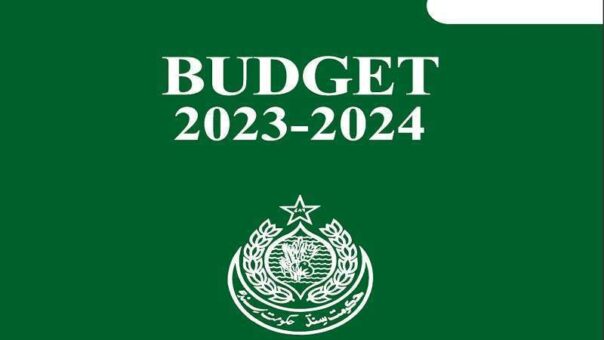Karachi – In a significant development towards decentralization and empowering local governance, the Government of Sindh has announced the transfer of property tax collection authority to local councils.
The decision was unveiled by Syed Murad Ali Shah, the Chief Minister of Sindh, during his budget speech for the fiscal year 2023-24 on June 10, 2023.
READ MORE: Sindh Increases Salary, Minimum Wage and Pension in Budget 2023-24
Under this new initiative, the administration and management of property tax collection, along with the associated human and physical resources, will be entrusted to the local councils. The move aims to bring tax collection services closer to taxpayers and improve the efficiency of revenue generation at the local level. By transferring the authority to local councils, the Government of Sindh intends to ensure that taxpayers receive the benefits of streamlined services directly at their doorsteps.
READ MORE: Sindh Unveils Budget 2023-24 with a Total Outlay of Rs2.25 Trillion
The administrative control of property tax collection will be shifted to the Local Government Department, providing the necessary support and oversight to the local councils in executing their new responsibilities. This transfer of authority is expected to enhance the financial resources of the local councils, with an estimated annual revenue generation of up to Rs 10.00 billion.
READ MORE: PwC – A. F. Ferguson Criticizes Budget as Taxing Already Taxed Sectors
The decision to empower local councils in property tax collection aligns with the broader objective of promoting participatory governance and strengthening the democratic processes at the grassroots level. By devolving administrative functions and empowering local councils, the Government of Sindh aims to foster greater community engagement and decision-making in matters that directly impact local residents.
READ MORE: Post Budget Briefing: Dar Expresses Confidence in Achieving 3.5% GDP Growth Target
This progressive step is expected to have a positive impact on local governance, enabling local councils to utilize generated revenues for community development initiatives, infrastructure projects, and improving the quality of public services. It also presents an opportunity for enhanced financial planning and resource allocation at the local level, catering to the specific needs and priorities of the respective regions.
The Sindh government’s decision to transfer property tax collection to local councils reflects a commitment to decentralization, local empowerment, and strengthening democratic practices. The move is anticipated to foster greater transparency, accountability, and citizen participation in local governance, ultimately leading to the socio-economic development and well-being of the communities within the province.
